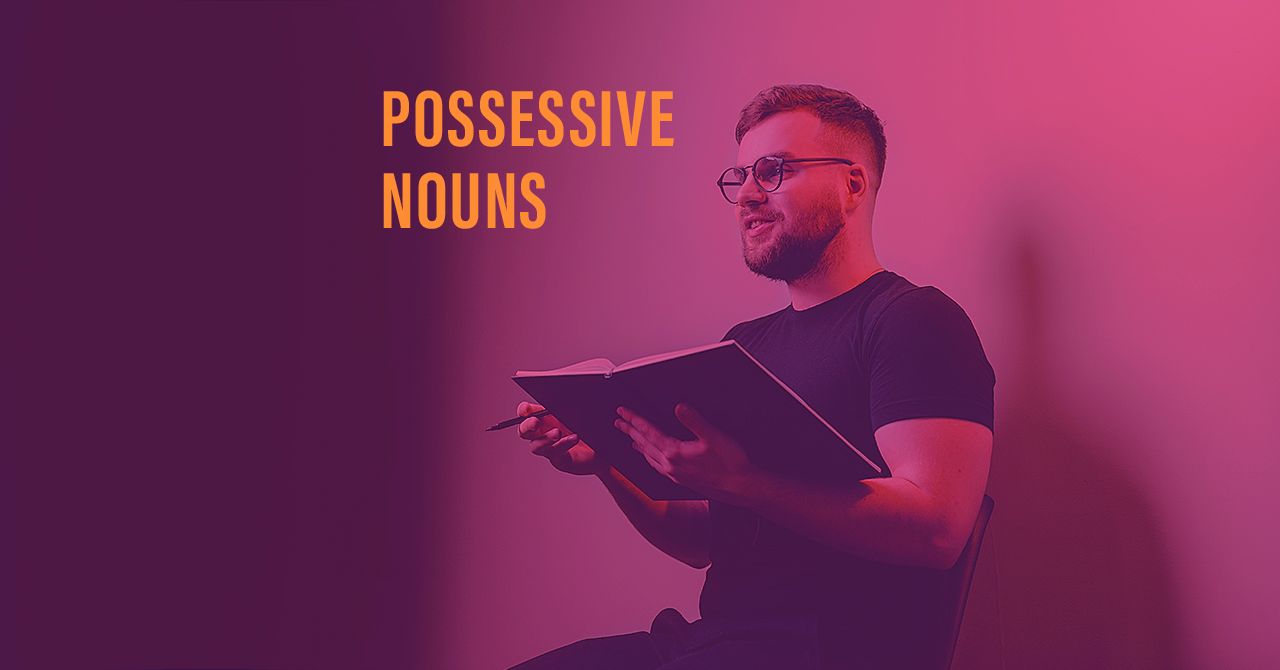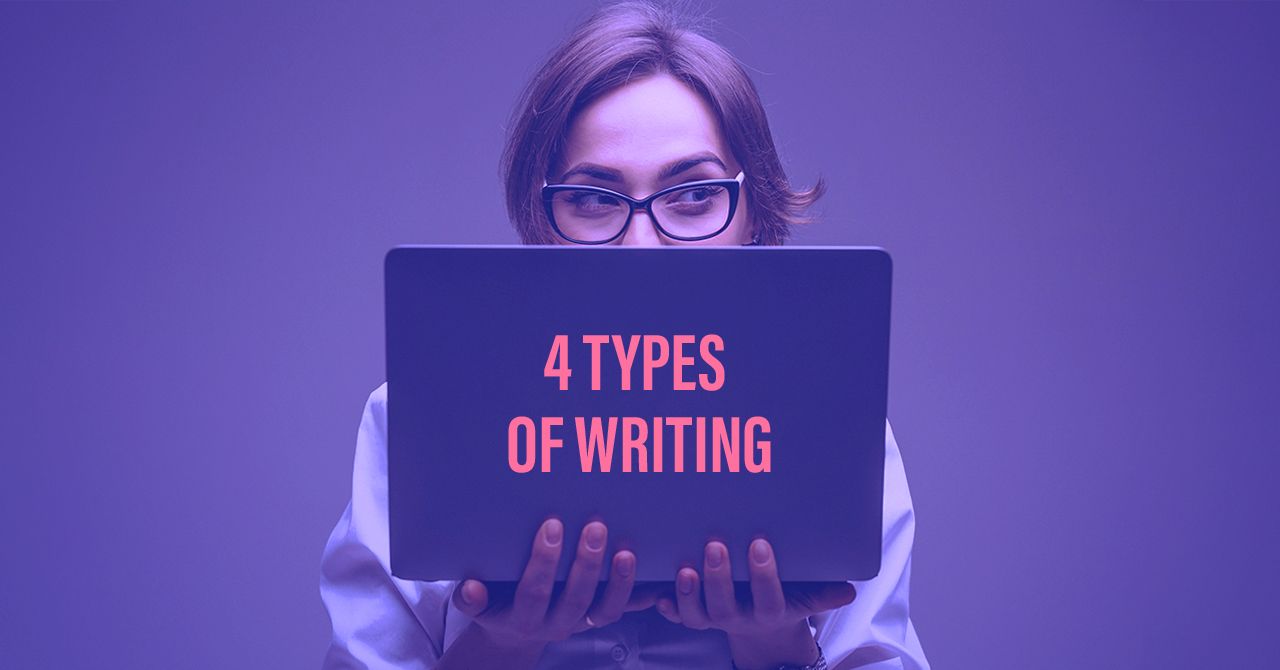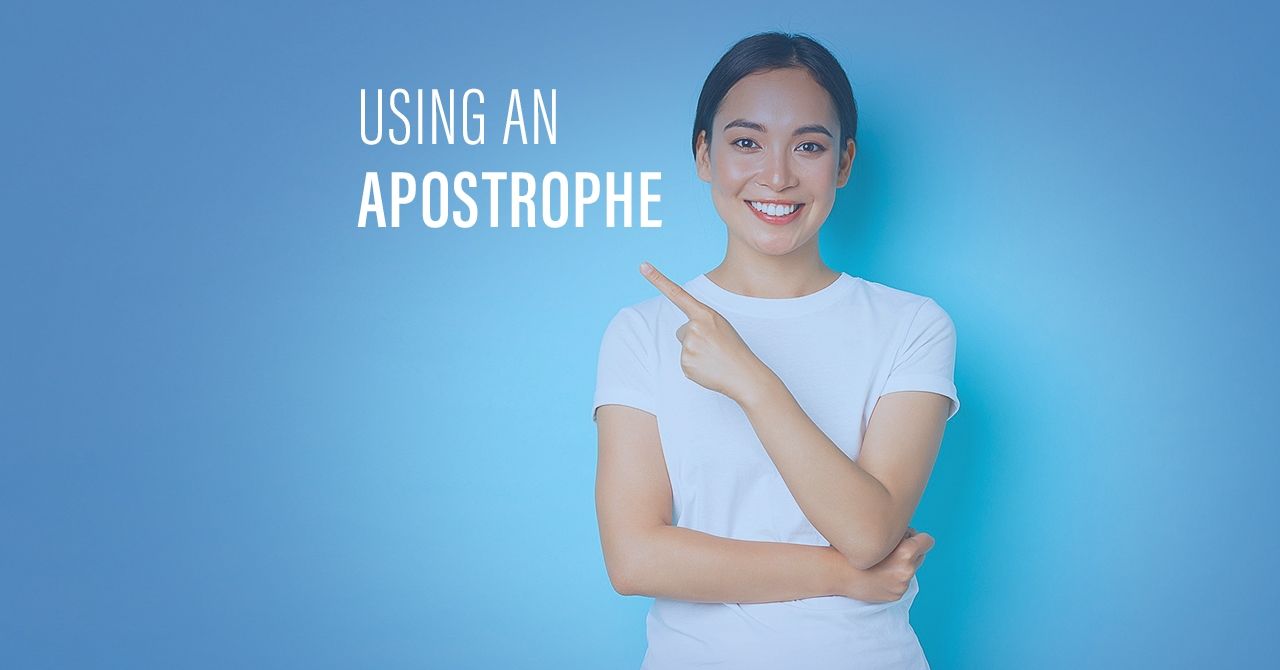English
Find lots of useful information for learning English. Don't miss our new articles.

Oneself or One’s Self—And What Kind of Word Is “Self,” Anyway
Do you know which is the correct way to write a reflexive pronoun derived from “one” that acts as a subject? Is it oneself or one’s self?

How to recognize and form a possessive noun
A possessive noun is a type of noun that shows something belongs to it. It’s a simple way to express ownership.

Types of writing and corresponding literary genres
There are four basic writing styles: narrative, descriptive, persuasive, and expository. Each of them serves a particular purpose.

What Does “Going to Hell in a Handbasket” Mean?
You may not hear the expression “going to hell in a handbasket” every day, but it does exist in the English language, and natives use it when appropriate.

How to understand and use the phrase “come-to-Jesus moment”
The term is rooted in American English, given its roots in American Christian religious traditions. Each of the two variations has to do with the other but has a distinct meaning unto itself. Let’s take a closer look.

Examples of how and when to use an apostrophe
No matter whether you learned English from birth or have only started learning recently, you will undoubtedly have had trouble with apostrophes.

What Does IDK Mean and How Do You Use It?
By knowing the IDK meaning, you’ll be able to communicate with native English speakers via instant messages or SMS messages without wondering what the other person is trying to tell you.

When to Use “That” vs. “Which” and the Clauses They Introduce
The rules for understanding the different uses of “that” and “which” are relatively straightforward, in that any defining clause requires “that,” while any non-defining clause requires “which.”